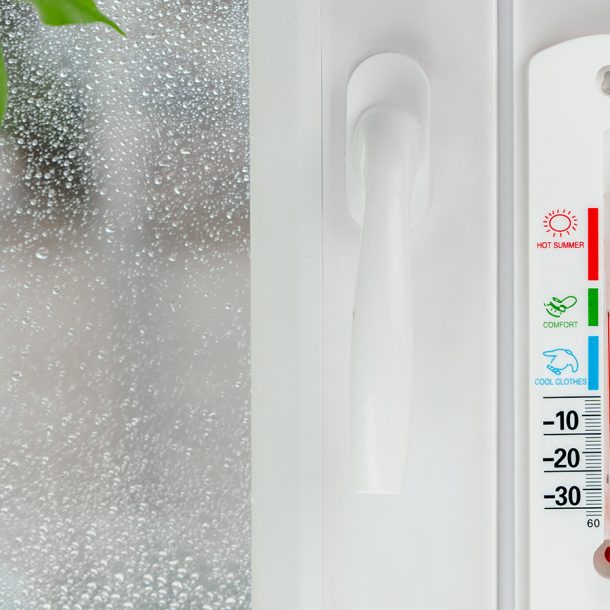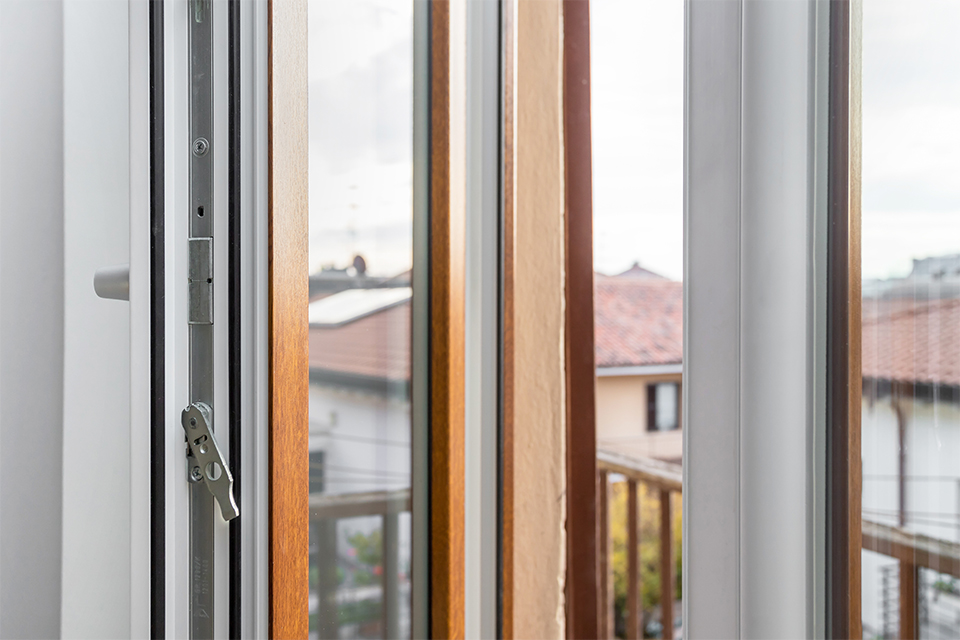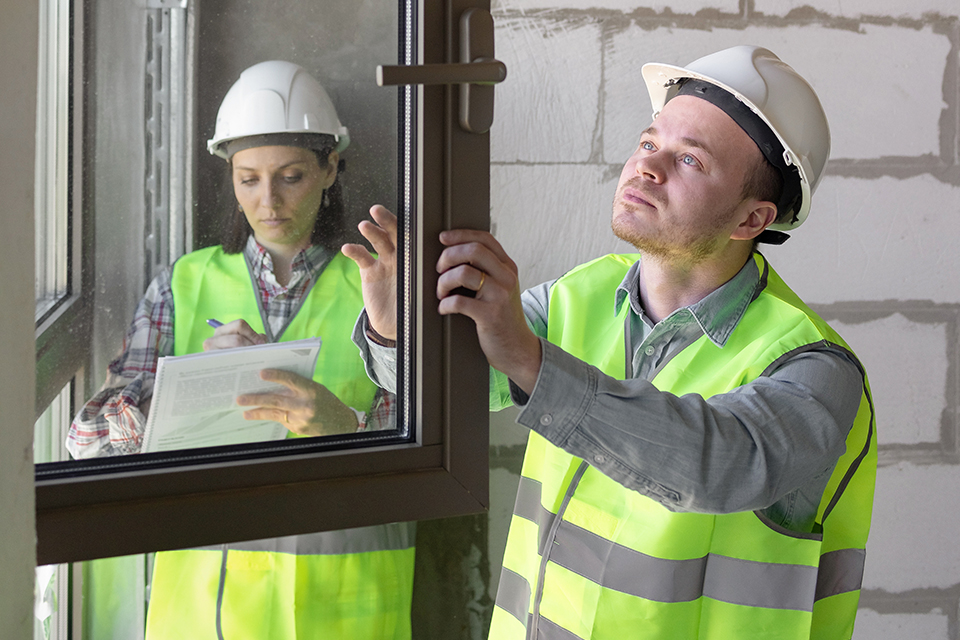

Double glazing is proven to be more energy efficient than single glazing which explains its popularity over recent years when renovating or building a new home. However, there are a myriad of reasons that people choose double glazing over single glazing. In this article we explain what glazing is and the key differences between double and single glazing that can help you decide which is the right one for you.
Glazing refers to the glass itself that is installed in the window or door frame. The glass used in the window or door frames, can be single glazed, double glazed, triple glazed, laminated, tempered or low E glass. The type of glazing makes a significant difference to thermal efficiency.
As the name suggests, double glazing is when two panes of glass are used in a window or door frame instead of one, with a 6mm-12mm air gap filled with argon gas between the panes. Double glazed windows have an external pane of glass which is the first layer of protection. It then has an air gap of 6mm-12mm filled with argon gas to act as an insulator, and finally an internal pane of glass that fully seals the window.


Single glazing refers to when one pane of glass is used inside a window or door frame. The single piece of glass usually measures between 3mm and 12mm in thickness. The glass is set into a frame using glazing putty and nails. Single glazing was originally used for windows and doors in the construction of buildings for many years. Historically it has been the go to choice for windows until modern technology and advancements created more energy efficient double and triple glazing.
For those contemplating whether to install double-glazed or single-glazed windows, it is important to know the advantages and disadvantages of the two. The type of windows you choose will have an impact on the home’s energy efficiency, bills, and noise levels. Here are the advantages and disadvantages of both double glazing and single glazing.


Whether you decide to install single or double glazed windows is entirely up to personal choice, However understanding the differences between the two can help you decide.
The choice to install double or single glazing will impact the energy efficiency of your home and therefore savings on electricity bills. While single glazing is traditional, double glazed windows are gaining popularity for their superior ability to keep homes warm, quiet, and secure. Double glazing can have a higher initial price than single glazing however the return on investment is significant. When deciding whether to install double or single glazing, it is important to consider the upfront cost is an investment that will pay off in the long run with substantial savings in energy bills.


Double glazing is far superior to single glazing due to its insulation and noise reduction properties. For many years single glazing was the most common form of glazing for new home builds and renovations. However, since the 1980s it has been rising in popularity with the focus on energy efficiency, sustainable living and savings on electricity bills. If you want to find out more about double glazing compared to single glazing, contact the experts at Windows for Life.

